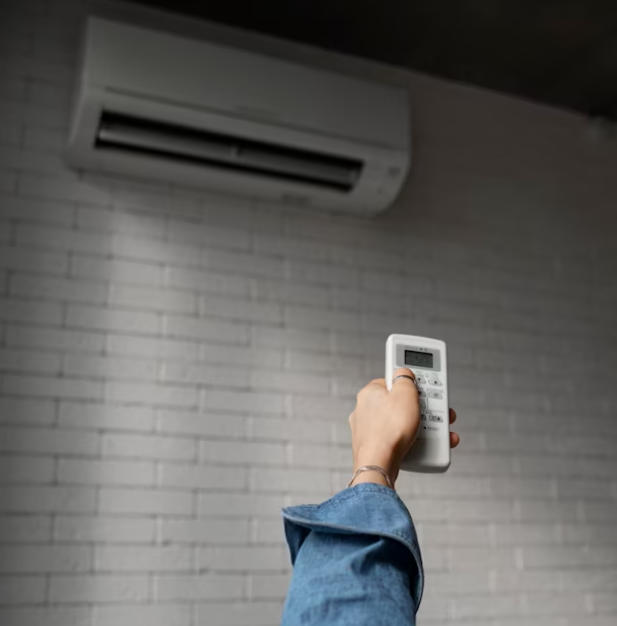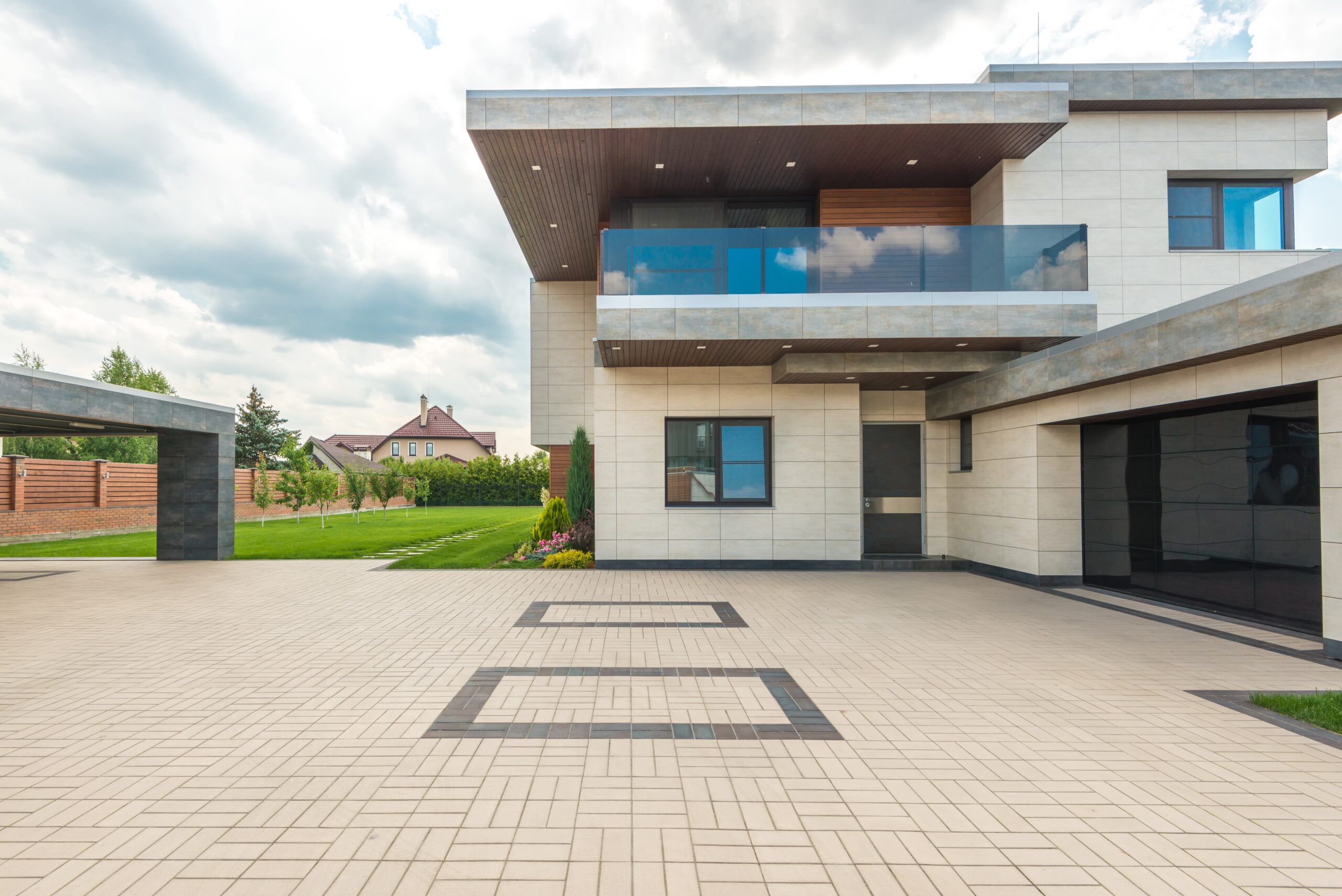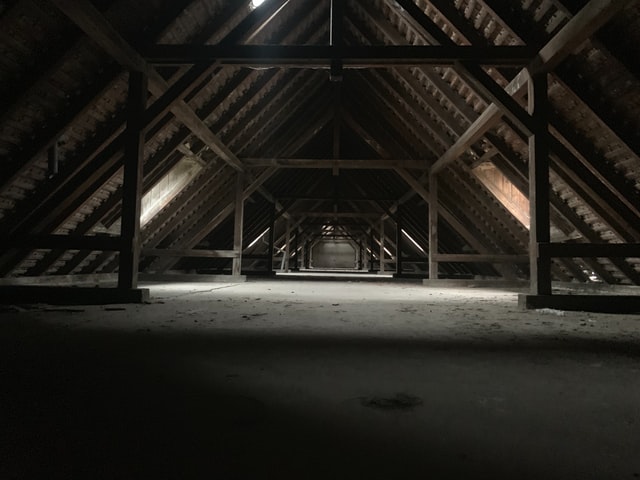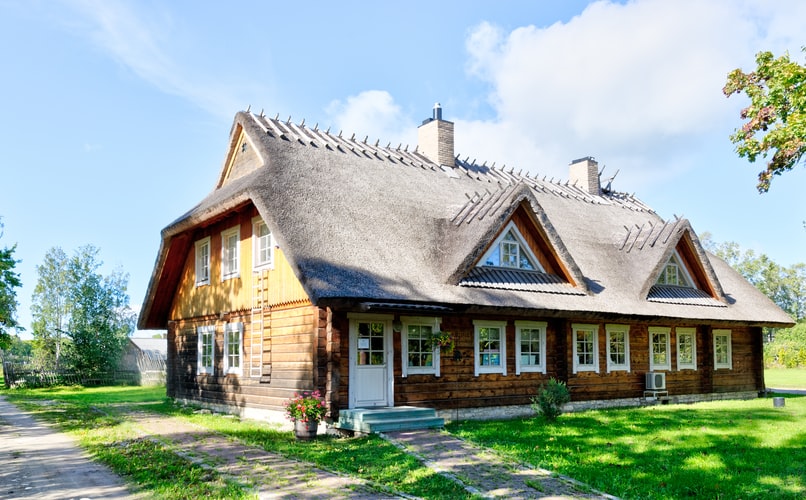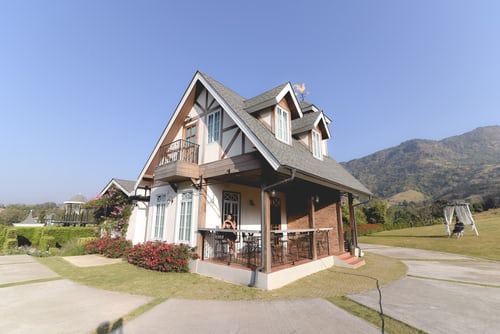The Must Have Air Conditioning Types List From Air Conditioning Companies UK
Wheatsheaf old glossop | Home, Industry, Property
Air conditioning (also referred to as HVAC) provided by air conditioning companies UK is used both at homes and businesses in Britain to cool and dehumidify spaces while protecting heat-generating electronic devices, like computers, from overheating.
Through-the-wall air conditioners require sturdy fans and two air pipes to dissipate the heat produced outside. They’re suitable for smaller homes or apartments.
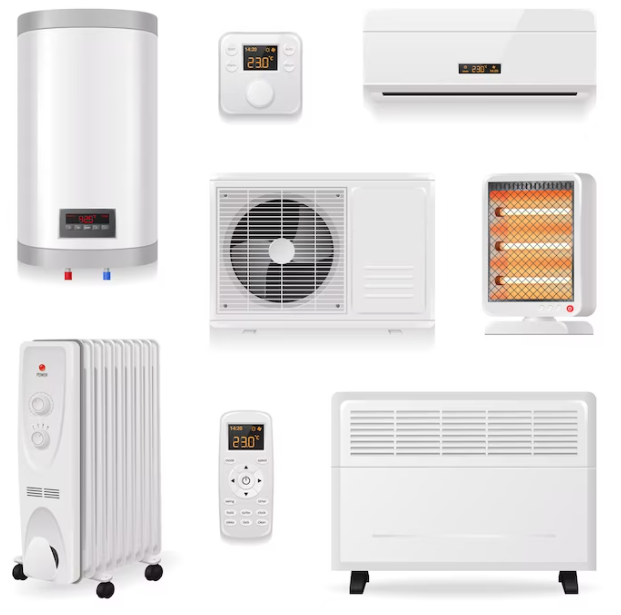
Window Air Conditioners
Window air conditioners are some of the most popular type provided by air conditioning companies UK contain all of their cooling parts within one compact unit that sits on your windowsill or designated window and plugs into an electrical outlet, making installation simple, affordable, and efficient for cooling small areas. Many models even come equipped with modern technologies like remote control apps or voice command capabilities for added convenience.
Window AC units vary significantly in terms of BTU (British Thermal Unit) ratings, warranty length, and operating options. To choose one that best meets your needs, it’s a good idea to find one with a BTU rating that complements the size of your room.
Window ACs usually require approximately 20 BTU of power per square foot of room space. A square foot can be calculated by multiplying length by width, then dividing by 20. When selecting your model, choose one with an excellent CEER rating, as this will consume less electricity while simultaneously saving you money over time.
Mini-Split Air Conditioners
Mini-split systems are an ideal upgrade for homes that currently use an outdated or ineffective central AC unit since these units don’t distribute air through ductwork like conventional units do; rather, each room contains its own indoor evaporator or air handler connected to an outdoor condenser unit via thin refrigerant lines connected by power lines.
Additionally, some ductless models provide heating capabilities. A reversing valve allows these models to draw heat from outdoor air sources in wintertime and transfer it directly indoors, giving an additional layer of comfort during those chilly winter nights!
Mitsubishi Electric is an established brand offering excellent mini-split choices for single-zone and multi-zone applications, including options with Hyper Heat for simultaneous cooling and heating. LG also makes popular choices, with units earning the ENERGY STAR(r) Most Efficient designation; their models boast the highest cooling efficiency (SEER) ratings among single and multi zone models in their class and also boast some of the quietest operation available today.
Floor-Mounted Air Conditioners
Floor air conditioners (sometimes known as floor consoles or standing air conditioning units) can be an ideal solution when wall-mounted split systems cannot be installed due to a lack of wall space or an area with low and angled ceilings. Installed on the ground or within an indented recessed space near the floor, these air conditioning units feature wide-angle louvres that automatically swing to direct cool air directly into any given area or room.
As they are easily installed along perimeter walls and more discreet than their wall-mounted counterparts, perimeter-mounted cooling fans tend to minimise any negative aesthetic impact in any given room. Plus, since they are located at ground level, it takes less time for cool air to circulate throughout a room, resulting in quicker cooling benefits for users.
Daikin floor air conditioners now come equipped with full inverter control, eliminating the wildly fluctuating temperatures seen with non-inverter models and providing ultimate comfort. Most also utilise R32 refrigerant, which is more ozone-friendly than older, more damaging R22 refrigerants.
Geothermal Air Conditioners
Geothermal heating and cooling systems have become more popular as homeowners search for ways to cut energy bills. Not only are they quieter and longer-lasting than other forms of HVAC equipment, but they also require minimal maintenance costs.
Utilising heat pumps and underground pipe loops, they capture free and renewable energy from the earth’s surface. These pipes may be laid horizontally, vertically, or even in an underground pond loop to collect energy that has no cost associated with its capture and can be configured as closed or open loops depending on whether recirculating refrigerants are required, while open loop systems continuously replenish them with fresh water supply.
Geothermal air conditioning systems rely on heat pumps that move heat from underground sources into your house through ductwork or radiator space heaters for hot water heating purposes. Since geothermal systems don’t depend on outdoor temperatures to function properly, their installation costs can be higher initially but will eventually pay for themselves in energy savings over time.

